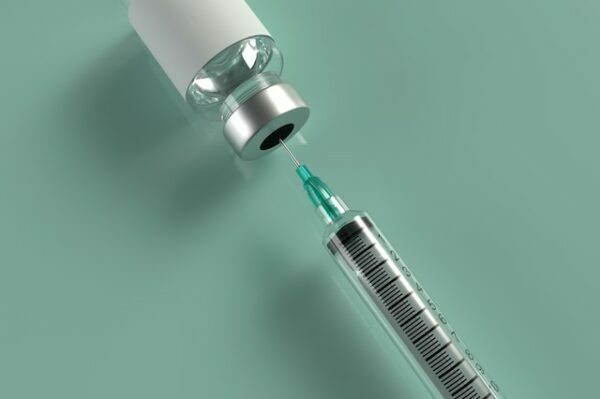At the 2023 CTAD conference, two biotech companies presented data from their Phase 2 clinical trials on vaccines to prevent Alzheimer's.
At least nine different vaccines are currently in clinical trials for treating Alzheimer’s disease. While none of these vaccine candidates have started Phase 3 clinical trials yet, the data presented by drug companies at the 16th Annual Clinical Trials in Alzheimer’s Disease (CTAD) suggests they’re a promising avenue for exploring new treatments. If any of these experimental vaccines ultimately prove to be safe and effective enough to make it to FDA approval, they could boost the efficacy of existing monoclonal antibody drugs for Alzheimer’s — like Leqembi and Aduhelm, which only have mild benefits to cognition for people in early stages of Alzheimer’s — or provide an alternative to monoclonal antibodies altogether.
Araclon Biotech and Axon Neuroscience presented Phase 2 data of their experimental Alzheimer’s vaccines. In contrast to monoclonal antibodies, which are infused intravenously to clear specific plaques in the brain, vaccines teach the body’s immune system how to make its own antibodies against these targets.
Araclon Biotech Phase 2 data for ABvac40
In the Phase 2 trial, Araclon Biotech’s vaccine ABVac40 — which targets one specific form of beta-amyloid called Aβ40 — was shown to be safe in a Phase 2 trial of patients with mild cognitive impairment or very mild Alzheimer’s disease. The trial was done in a cohort of 124 patients over two years. Half of the participants received a vaccine regimen, while the other half received a placebo.
Throughout the study, patients received a monthly vaccine for the first five months, followed by one booster shot half a year later. While the researchers found that the vaccines induced an immune response in the patients, they did not see a slowing in disease progression.
Patients who received the vaccine did not have an increased chance of developing ARIA — brain swelling or microbleeds— a safety concern for anti-amyloid drugs like Leqembi. A larger trial will be required to determine whether this vaccine is effective for patients.
Axon Neuroscience Phase 2 data for AADvac1
In contrast to ABvac40, Axon Neuroscience vaccine AADvac1 targets tau tangles in the brain, associated with Alzheimer’s disease progression. For their Phase 2 trial, Axon Neuroscience recruited 196 participants, randomized between a treatment and placebo group. The vaccine regimen consisted of six doses spaced out over four-week intervals, followed by boosters every 14 weeks.
The Phase 2 trial data did not initially indicate that the vaccine worked as hoped.
However, an analysis after the trial concluded found a ray of hope in the numbers: Participants who were positive for amyloid and tau biomarkers and who received the vaccine did appear to show cognitive improvement at the end of the two-year study.
“AADvac1 is the ideal option for combination therapy with the anti-amyloid monoclonal antibodies,” Norbert Zilka, a Axon Neuroscience Chief Scientific Officer, said in the presentation.
The vaccine will also be tested in a second Phase 2 trial, targeting individuals with high levels of amyloid and tau biomarkers as they are more likely to respond to the vaccine. Zilka also mentioned that the vaccine may also be tested to prevent Alzheimer’s altogether in a future trial.


I have been diagnosed with vascular dementia – I have never smoked, have a glass of wine very occasionally, was an athletics coach for 20 years so have always been fit , I am 70 and still work full time , am active what help is there for me please ? i feel abandoned
Speaking from personal experience. While we desperately want to help our loved ones it should be noted that early trials are not without risk. While we cannot prove a study drug caused harm we do have a documented sharp decline that started within a relatively short time frame after receiving a study vaccine.